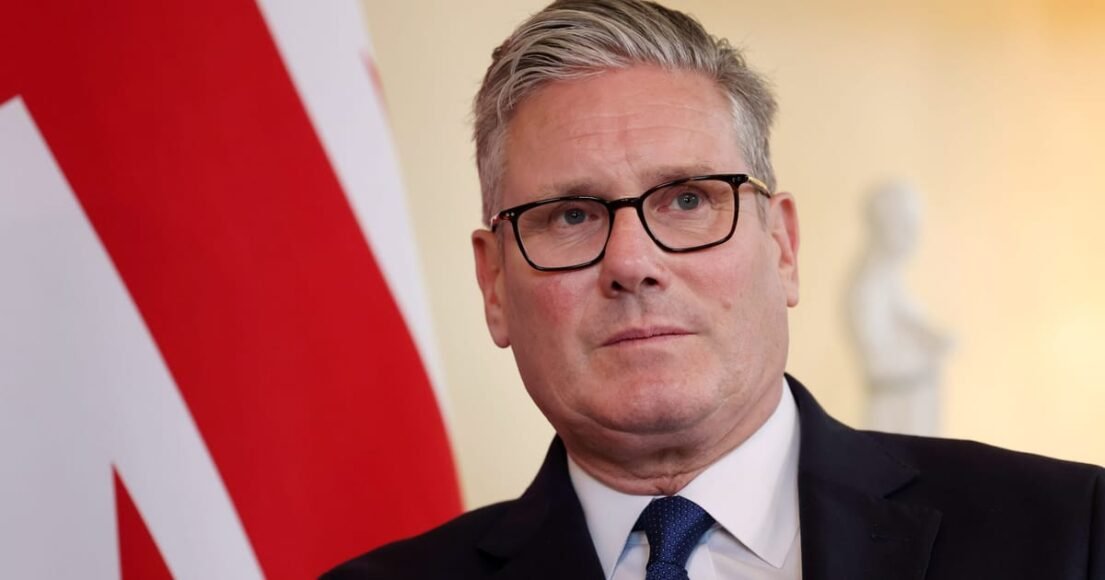
It’s hard to decide what’s more surreal: that the United States is threatening 50% tariffs on Brazilian imports in the name of “reciprocity,” or that global markets – once jittery at the mere whisper of Trumpian trade tantrums – are now brushing off these ultimatums with a shrug and record-breaking rallies.
In a letter campaign launched on July 7, the U.S. administration warned dozens of nations that unless bilateral trade deals are reached by August 1, punitive tariffs would be unilaterally imposed. Brazil, the current chair of BRICS and a nation with a sizable trade deficit vis-à-vis the U.S., was told in no uncertain terms that its exports would be slapped with 50% tariffs. The premise is both stark and familiar: comply, or pay.
But this time, something has shifted. Unlike the uproar that followed the first wave of tariff threats in April – when emergency summits and legal challenges rippled across the globe – the second wave has been met with a remarkable degree of composure. The world isn’t retreating. It’s recalibrating.
Take Brazil, for example. President Luiz Inácio Lula da Silva, just days after hosting the 17th BRICS Summit in Rio de Janeiro, responded with restraint. “We don’t want an emperor,” he quipped, declining to engage in crisis theatrics. It was a sharp yet composed rejoinder to an ultimatum that would once have triggered panic.
This moment marks more than defiance – it signals a strategic turning point. The Rio Declaration, adopted unanimously by BRICS nations and invited partner countries, issued the bloc’s clearest rebuke yet of U.S. trade practices. “We are seriously concerned about the rise of unilateral tariffs and non-tariff measures, which distort trade and violate WTO rules,” the declaration read. More than rhetoric, it outlined a coordinated vision: strengthen local currency trade, expand the role of multilateral development institutions, and build resilient frameworks beyond the reach of U.S. coercion.
The contrast couldn’t be clearer. While Washington leans on tariffs as a blunt tool of pressure, the Global South is coalescing around a more deliberate, cooperative trade vision.
It’s worth interrogating the logic behind these U.S. threats. The idea that trade imbalances are inherently unjust and must be “corrected” through punitive measures is a populist oversimplification. Economies specialize, consumers choose, and deficits emerge naturally. Punishing countries for selling what Americans want to buy is not reciprocity – it’s retaliation.
Moreover, Washington’s coercive strategy stands on shaky legal ground. The U.S. Court of International Trade ruled in May 2025 that the administration’s use of emergency tariff powers was incompatible with trade law. Yet, legality seems increasingly irrelevant in the face of a foreign policy that views the WTO not as a rules-based arbiter, but as an inconvenience.
And still, the global economy hums. The Dow and Nasdaq have posted historical highs. Inflation remains subdued. Emerging markets, far from fleeing, are holding their ground. It’s tempting to believe the tariffs are toothless. But that would be premature.
Beneath the surface, a quieter reordering is underway. Countries are no longer scrambling to appease Washington. They’re building buffers. From ASEAN’s supply chain diversification to the African Continental Free Trade Area’s intra-regional push, nations are insulating themselves – not just economically, but diplomatically.
The BRICS bloc is central to this shift. No longer just a symbolic grouping, it has taken tangible steps toward a multipolar economic architecture. New initiatives unveiled in Rio – such as the BRICS Pay platform, the Multilateral Guarantee Mechanism, and ethical AI cooperation – are not mere declarations of intent. They are building blocks of a system that does not rely on Western-dominated institutions for validation.
China’s role in this transformation is pivotal. As the world’s second-largest economy and a founding BRICS member, China has consistently championed win-win cooperation over confrontation. Its advocacy for local currency-based payment systems, climate financing for the Global South, and expanded youth and trade exchanges underscore a strategic, long-term vision. One not built on coercion, but on connectivity.
India, too, proposed a forward-looking four-point agenda for the 2026 BRICS Summit it will host: demand-driven development financing, climate adaptation support, ethical AI regulation, and a framework for South–













Leave a Reply